16+ Preschool Flyer Examples to Download
Although this is in fact true to some extent, as flyers are indeed a helpful and convenient advertising and promotional material for your goods, but the use of flyers is not limited to such. Flyers can be used to inform the public about certain activities and events as well, as the word ‘promotion’ does not limit itself to selling items, but also to showcasing something that a certain entity is offering. You may also see open house flyers.
Play School Flyer Template
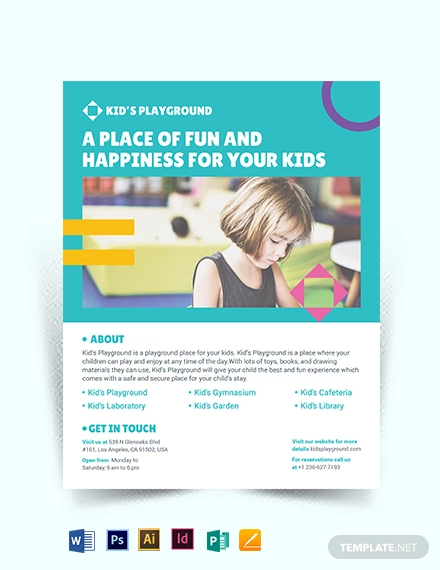
In running preschools and institutions similar to it, you need to showcase the services you are offering; otherwise, only a few people would know that you exist. Hence, in this article, we offer you some of the most awesome examples of flyer designs to help market your institution.
Have you ever had a notion that flyers are solely used as a medium for the advertisement of products and services? Surprisingly, you’re not the only one. It is a common misconception that nearly every person is guilty of having.
Currambena Primary School and Preschool Flyer Example
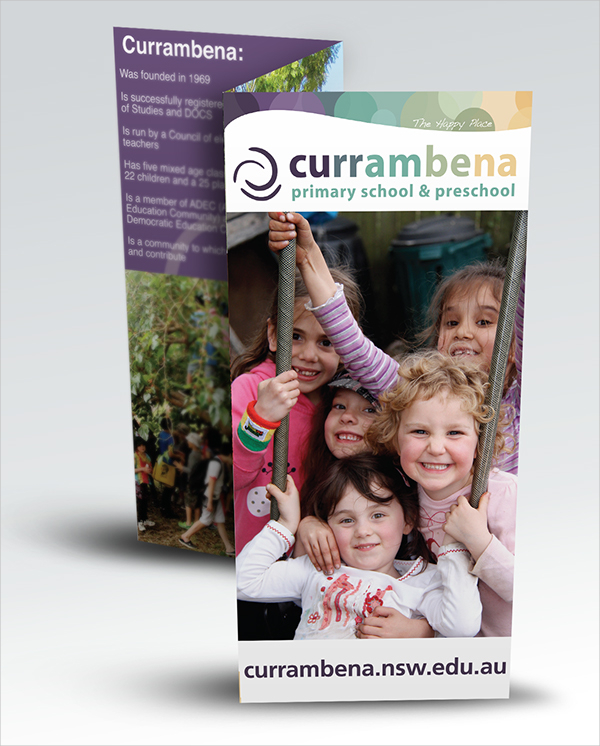
Preschool Template Flyer Example
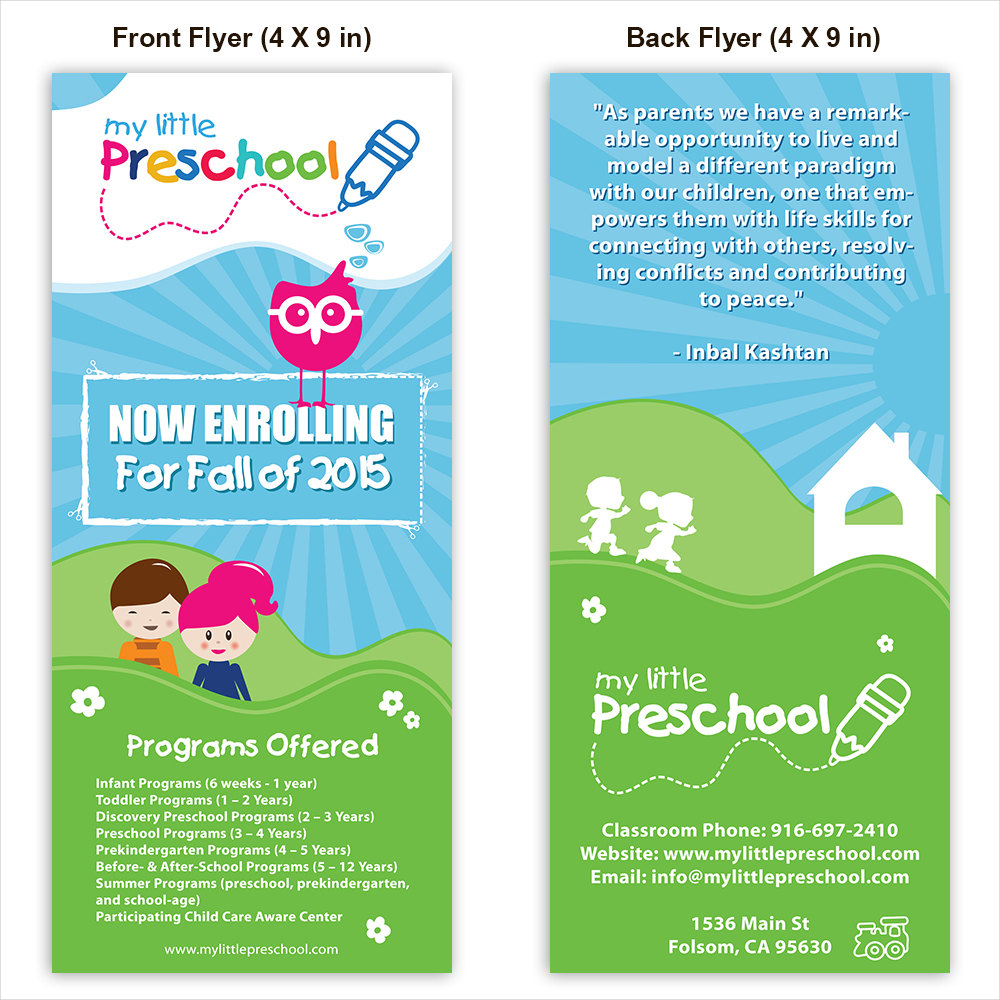
Preschool and Afterschool Care Flyer Example
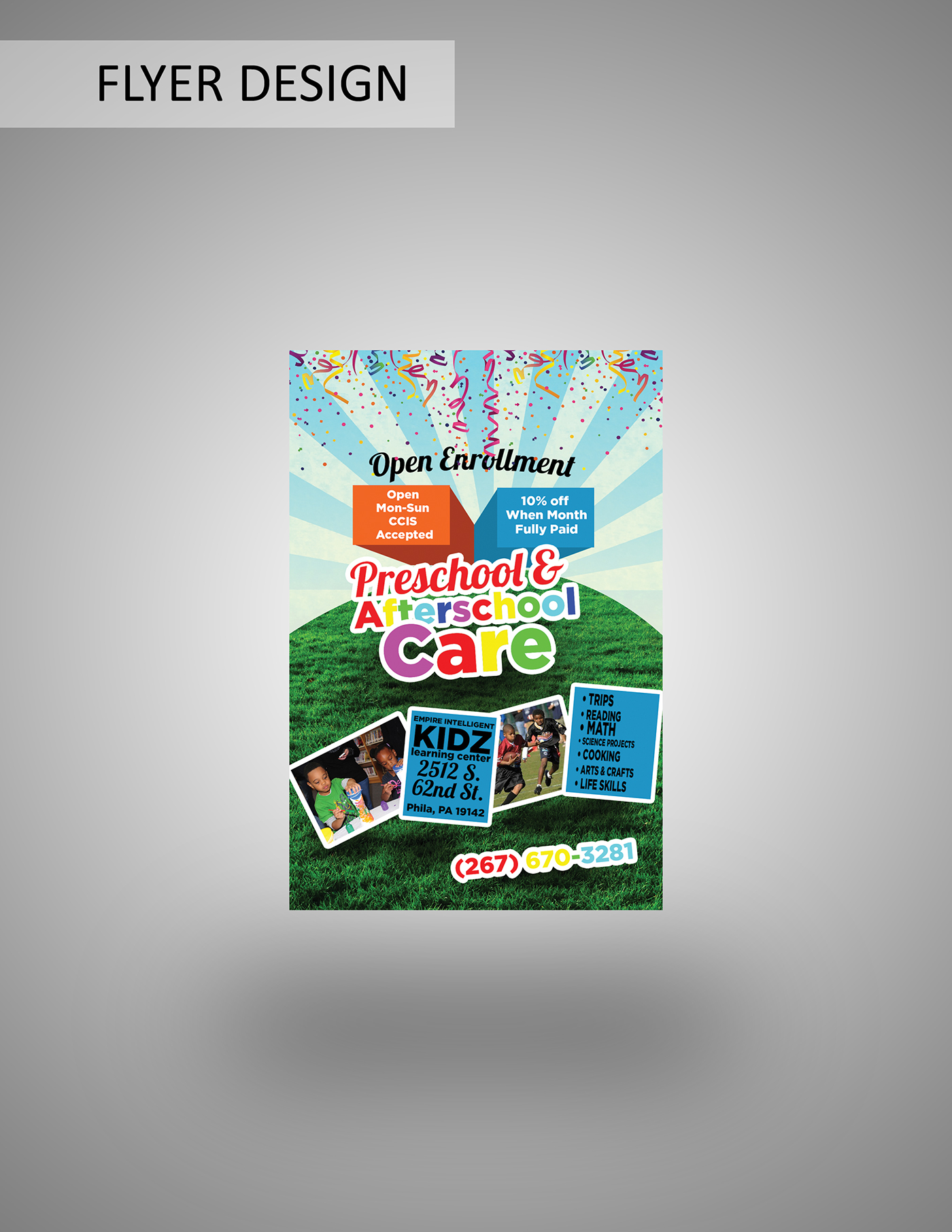
Preschool Back to School Flyer Example
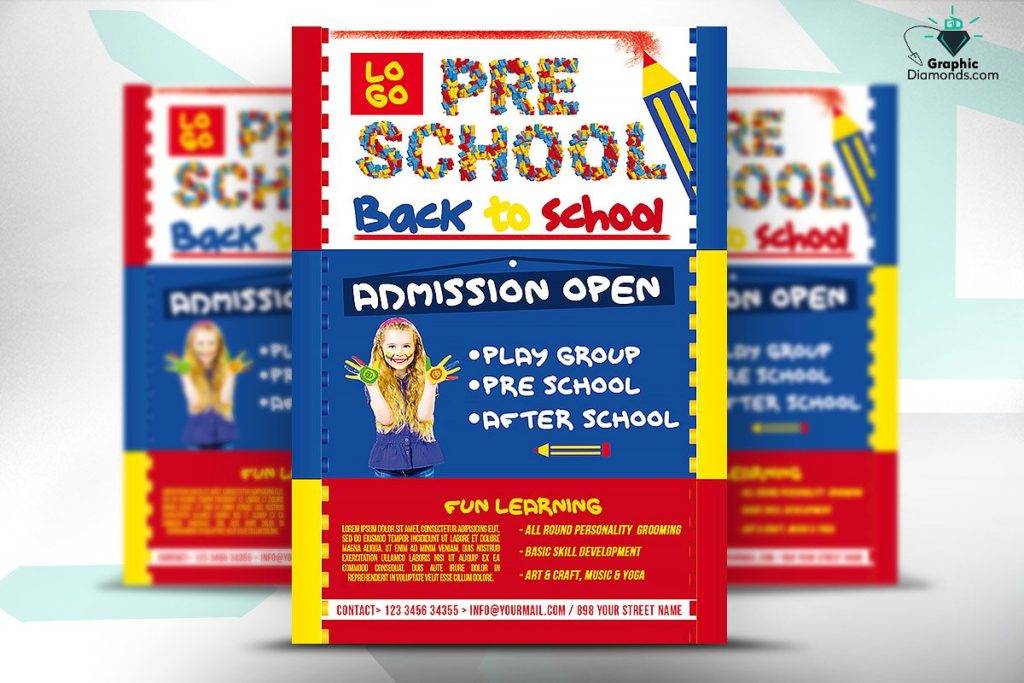
Seddlings Preschool Flyer Example

Preschool Flyer Cartoon Design Example
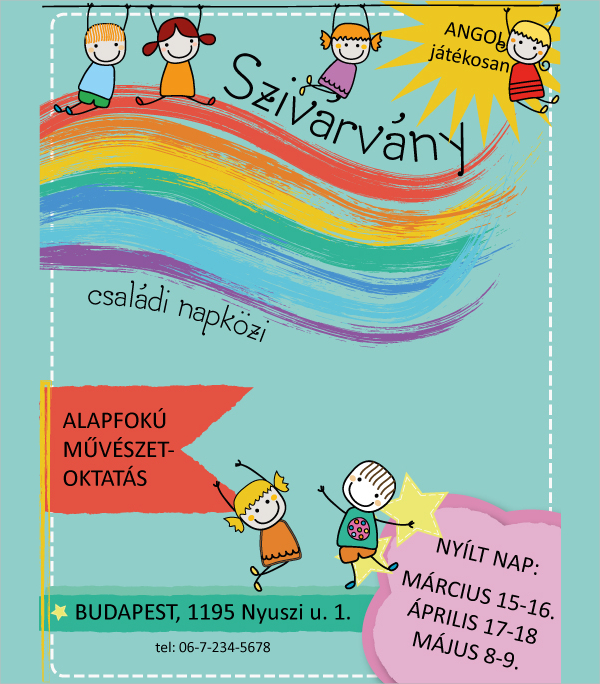
Preschool Enrollment Flyer Poster Design Example
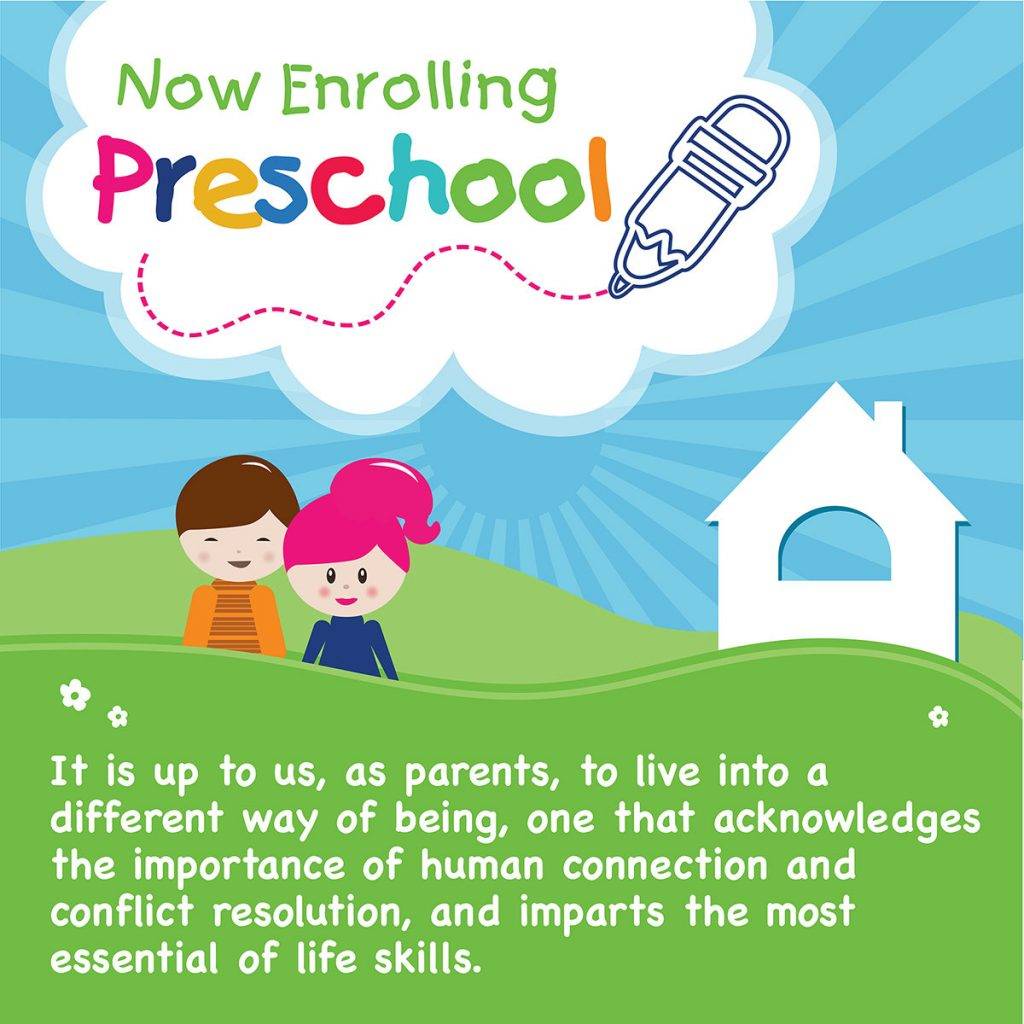
Preschool Flyer Design Example
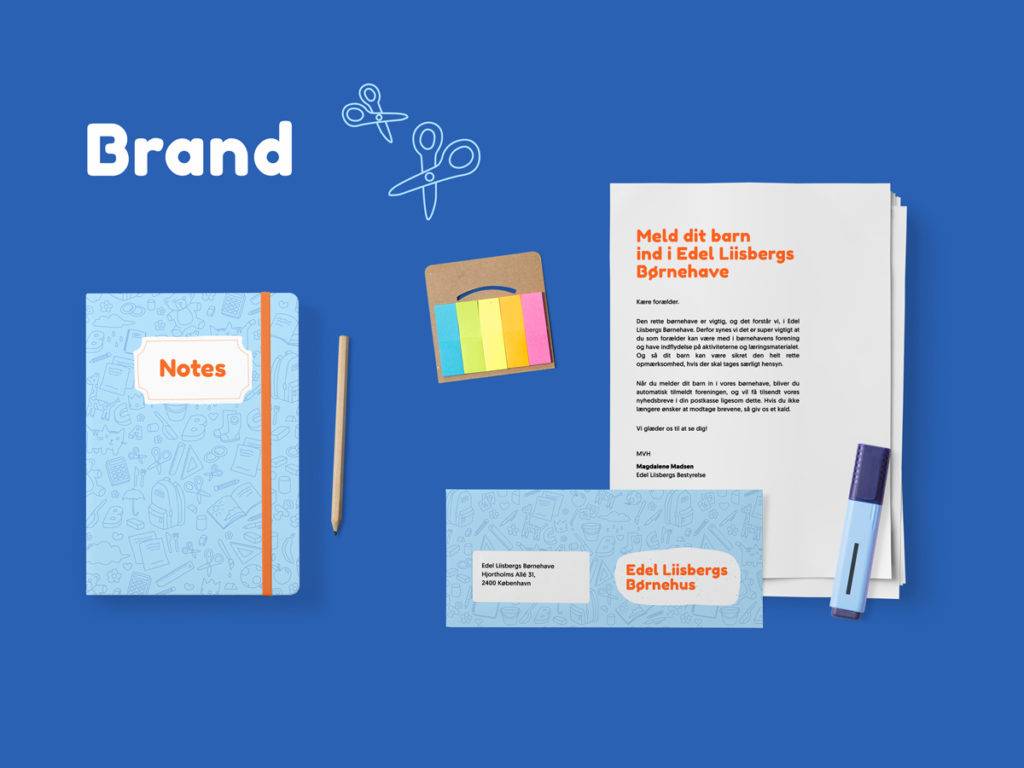
Printable Preschool Open House Event Flyer Example
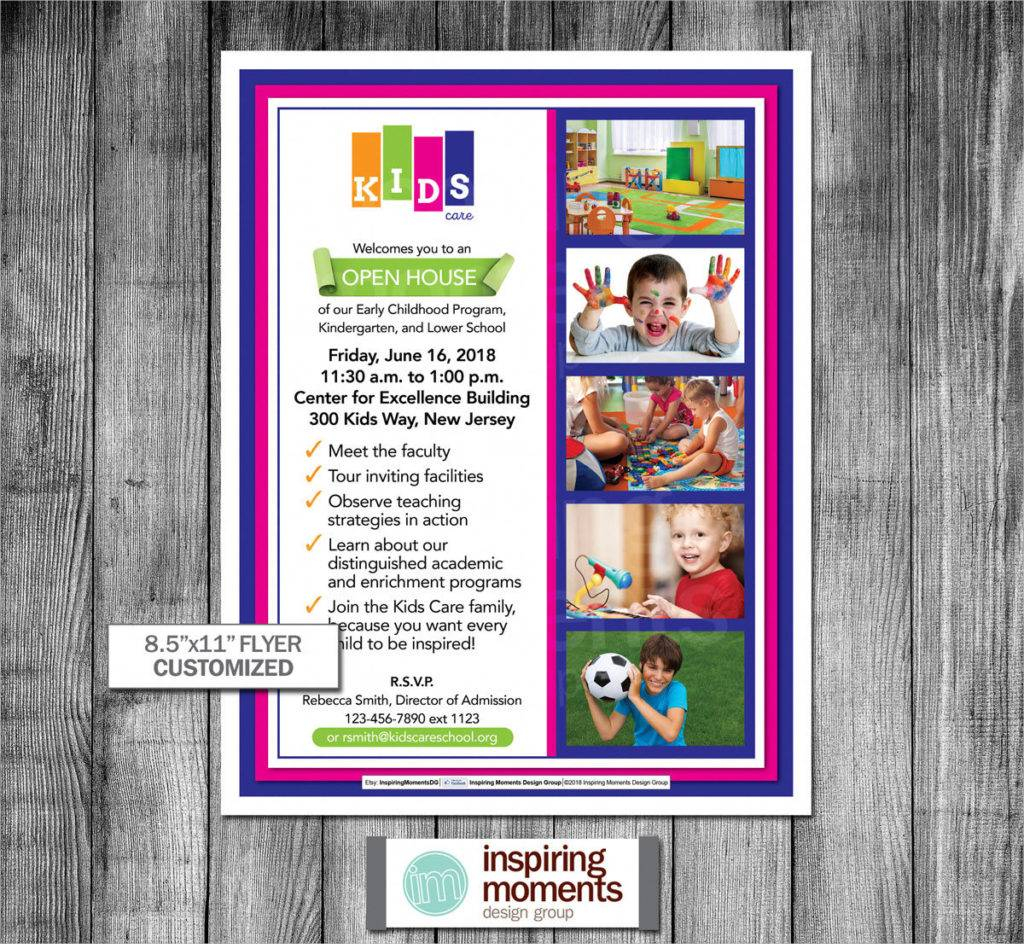
Forest Chapel Preschool Enrollment Flyer Example
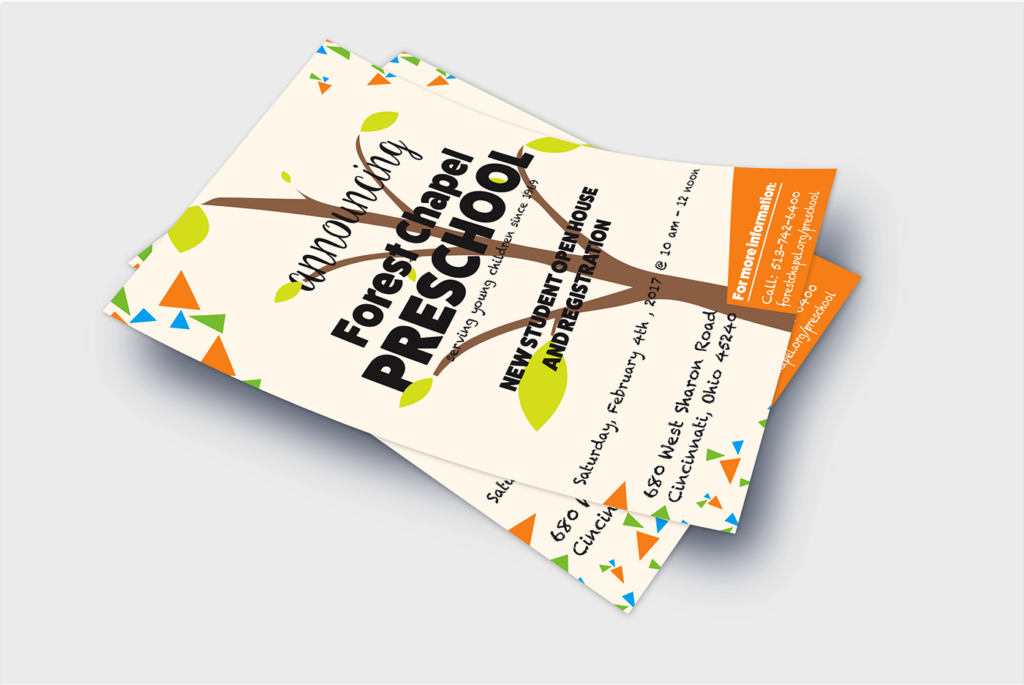
Preschool Developmental Characteristics and Milestones
The preschool years are an interesting and exciting stage where children slowly develop the different skills that every individual must possess, such as language skills, social skills, cognitive skills, and physical skills. Although every child grows and develops at a different pace, there are common characteristics and developmental landmarks that can be observed between the ages 2 to 5. These characteristics are as follows:
1. Language Skills
a. At 2 years old – Any child can speak clearly enough for the parent to understand, such as the simple knowledge on how to ink words and use adjectives.
b. At 3 years old – The child knows how to introduce himself or herself by saying his or her name and age, using basic pronouns, and answering simple questions. You may also see elegant flyers.
c. At 4 years old – The child starts to tell simple stories and speak clear enough that even strangers can understand. He or she can then use verbs, gerunds, and some irregular past tense verbs in its basic form. You may also see fundraiser flyers.
d. At 5 years old – The child may already be familiar with his or her home address. In some cases, the child may also know how to use compound and complex sentences, along with the concept of rhyming. You may also see multipurpose flyers.
2. Social Skills
a. At 2 years old – At this age, the child grows interested in playing and socializing with others, and separation anxiety begins to fade but may also become defiant. You may also see travel flyers.
b. At 3 years old – The child begins to imitate his or her parents as well as his or her playmates, express affections openly, and separates oneself from parents. You may also see business flyers.
c. At 4 years old – This is the age where children become independent and interested in new things, including solving problems and puzzles. He or she also starts to cooperate with playmates. You may also see promotional flyers.
d. At 5 years old – Children of this age want to do things by themselves, obey the rules set by their parents, and understand the differences in gender.
Little Rainbow Children’s Center Preschool Flyer Example
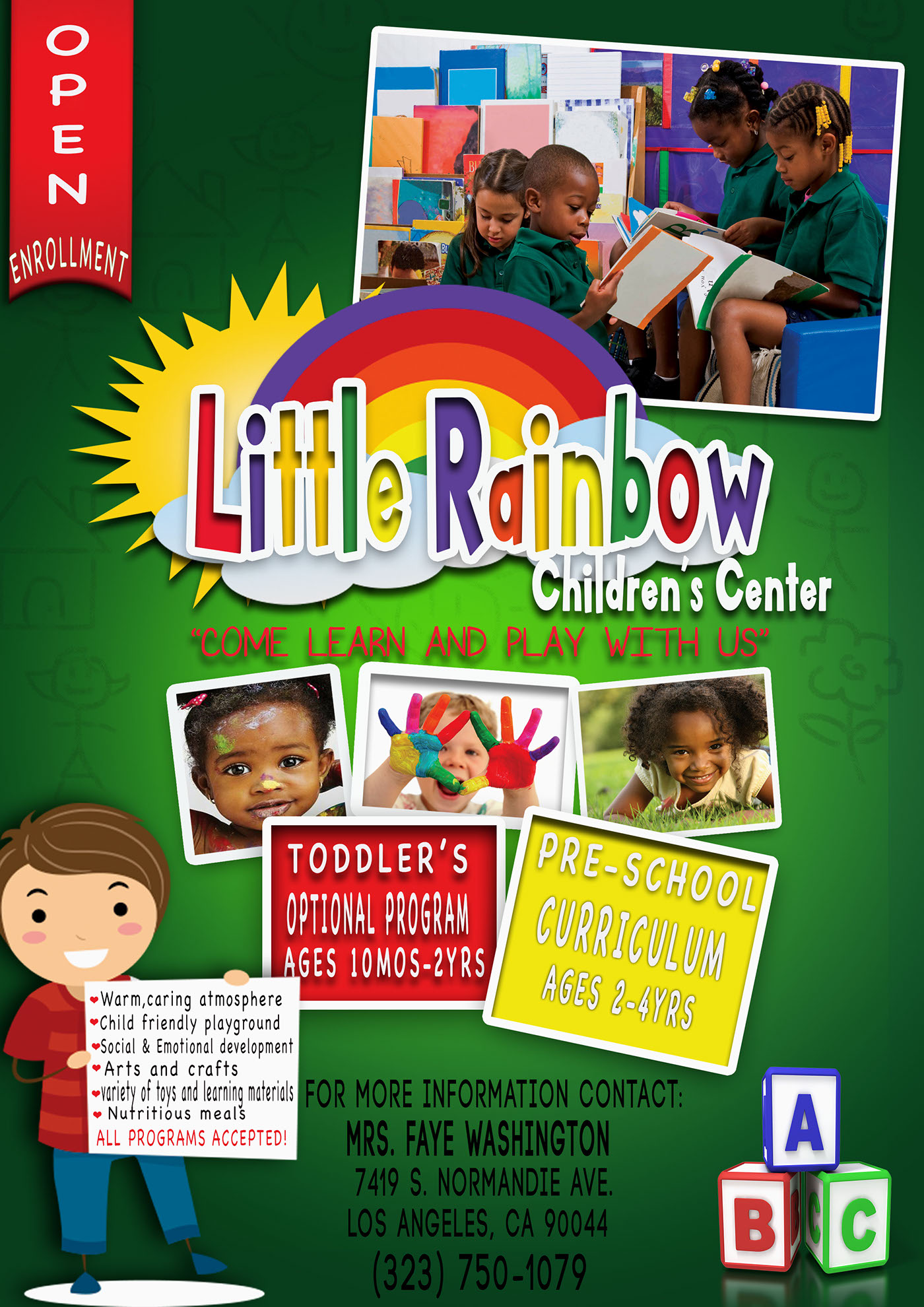
Breakfast with Santa Preschool Flyer Invitation Example
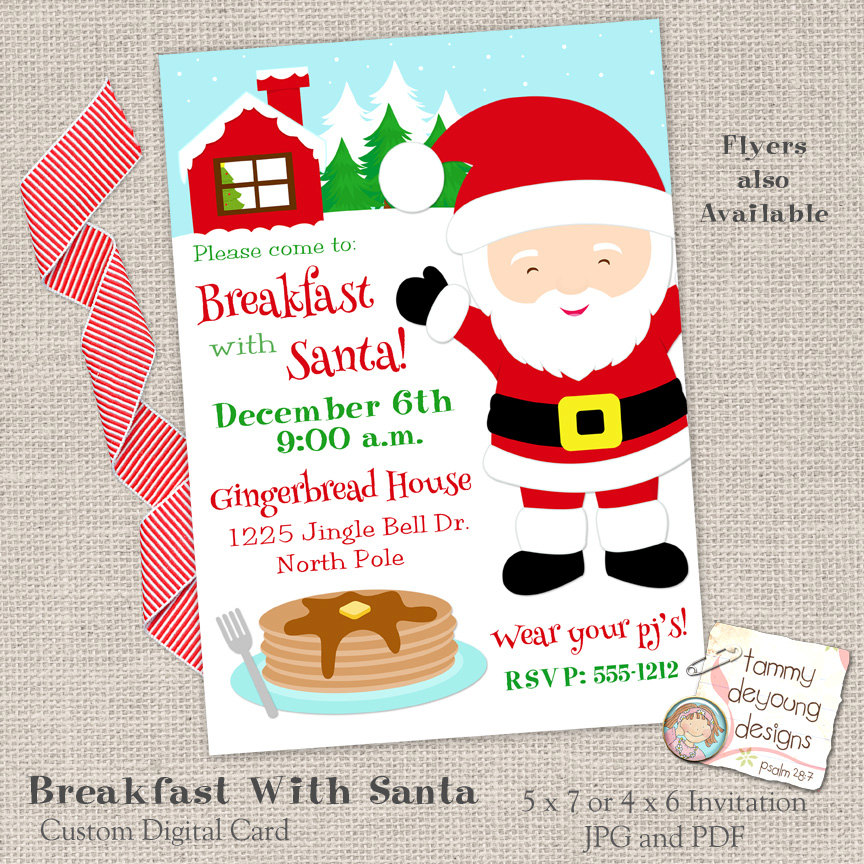
Preschool on the Planet Flyer Example
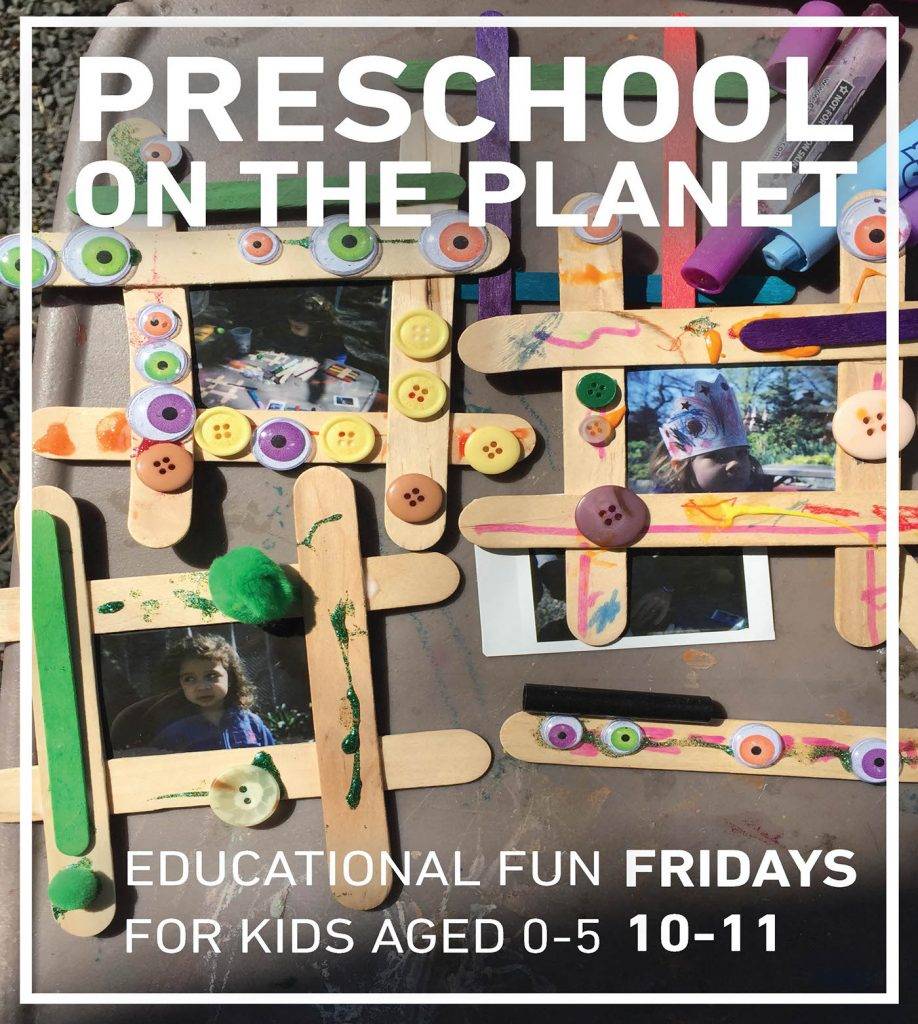
Preschool Teachers Reward Flyer Example
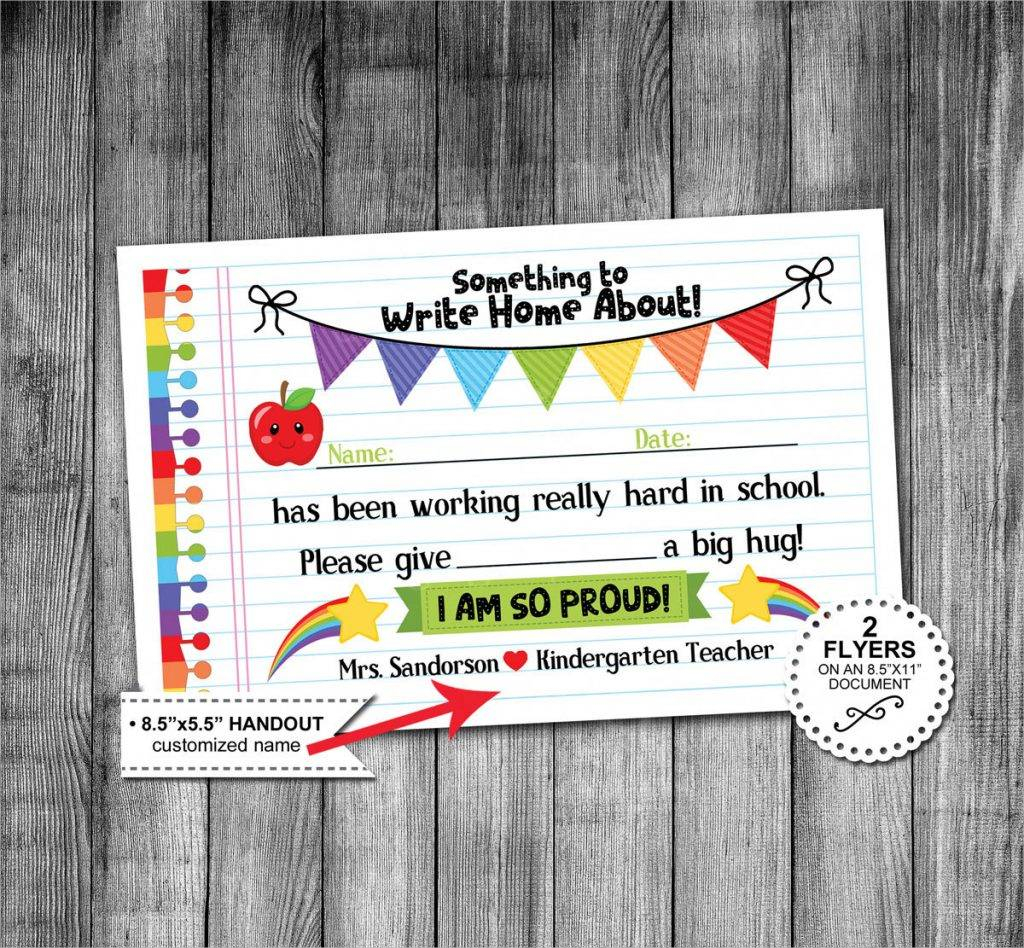
Logo and Flyer design for Preschool Music Classes Example
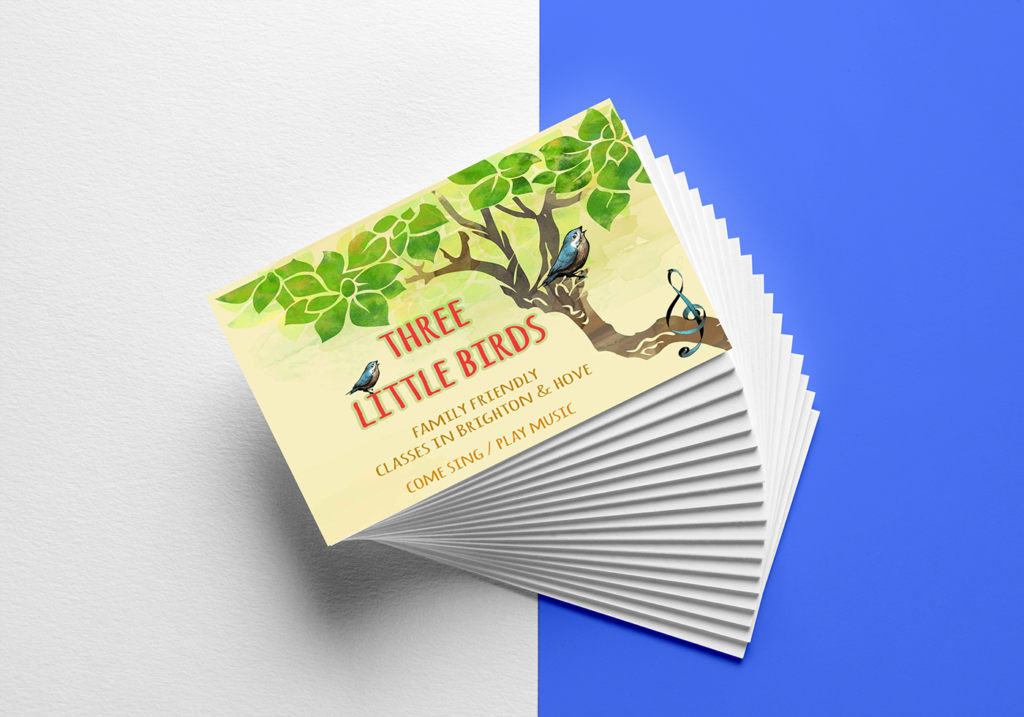
Pearls Preschool Flyer Example
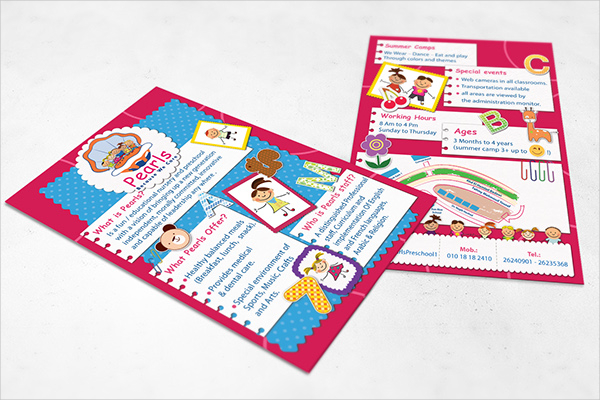
Preschool Developmental Characteristics and Milestones (continuation)
3. Cognitive Skills
a. At 2 years old – The child starts to scribble and sort objects by shape and color and even understand spatial concepts. He or she also grows determined in finding hidden objects. You may also see party flyers.
b. At 3 years old – Children of this age are excited to play make-believe, understand more about spatial concepts, and sort things in terms of shape and color. You may also see advertising flyers.
c. At 4 years old – The child becomes interested in the more complex imaginary plays and understands the concept of similarity and its opposite. He or she can also draw a person with two to four body parts. You may also see product promotion flyers.
d. At 5 years old – The child uses imaginations to create and tell stories, can distinguish reality from fantasy, and understands the concept of time and sequential order. He or she even knows how to copy different geometric shapes accordingly. You may also see the photography flyers.
4. Physical Skills
a. At 2 years old – The child can walk alone, stand on his or her tiptoes, climb on random furniture, and run from a short distance.
b. At 3 years old – The child can now kick, climb, walk up and down the stairs with alternating feet, and manipulate objects, such as book pages and toys. You may also see fitness flyers.
c. At 4 years old – At this stage, the child knows how to dress and undress without supervision, how to throw the ball overhand, kick the ball forward, and catch balls being bounced. Handling scissors properly is another activity developed at this age.
d. At 5 years old – The child can do hops, swings, somersaults, and skips. Other physical skills include riding a bicycle, swimming, and brushing his or her own teeth. You may also see event flyers.
There are some children that can display these attributes at a younger age, while there are others that can be a bit late in the process. As for parents to these preschoolers, they must learn to be patient with their child, support them in their learning, and motivate them to explore more things in life.
The child must not be forced to develop the said traits at a quicker rate, as this can take a toll in the child’s mental and emotional state. Parents must let the child undergo basic developmental milestones and experience a memorable childhood that is worth treasuring. You may also see invitation flyers.
Upshot
Indeed, every entity, may it be a for-profit or nonprofit organization, needs flyers in order to promote and advertise the things they openly offer to the public. Similarly, preschool flyers can help the entity effectively inform its target market of its offered services for the benefit of an individual’s personal development.
So whether you’re running a learning center or a preschool institution, using flyers to build awareness in the field can help make your services known to the desired audience. You may also see marketing flyers.


